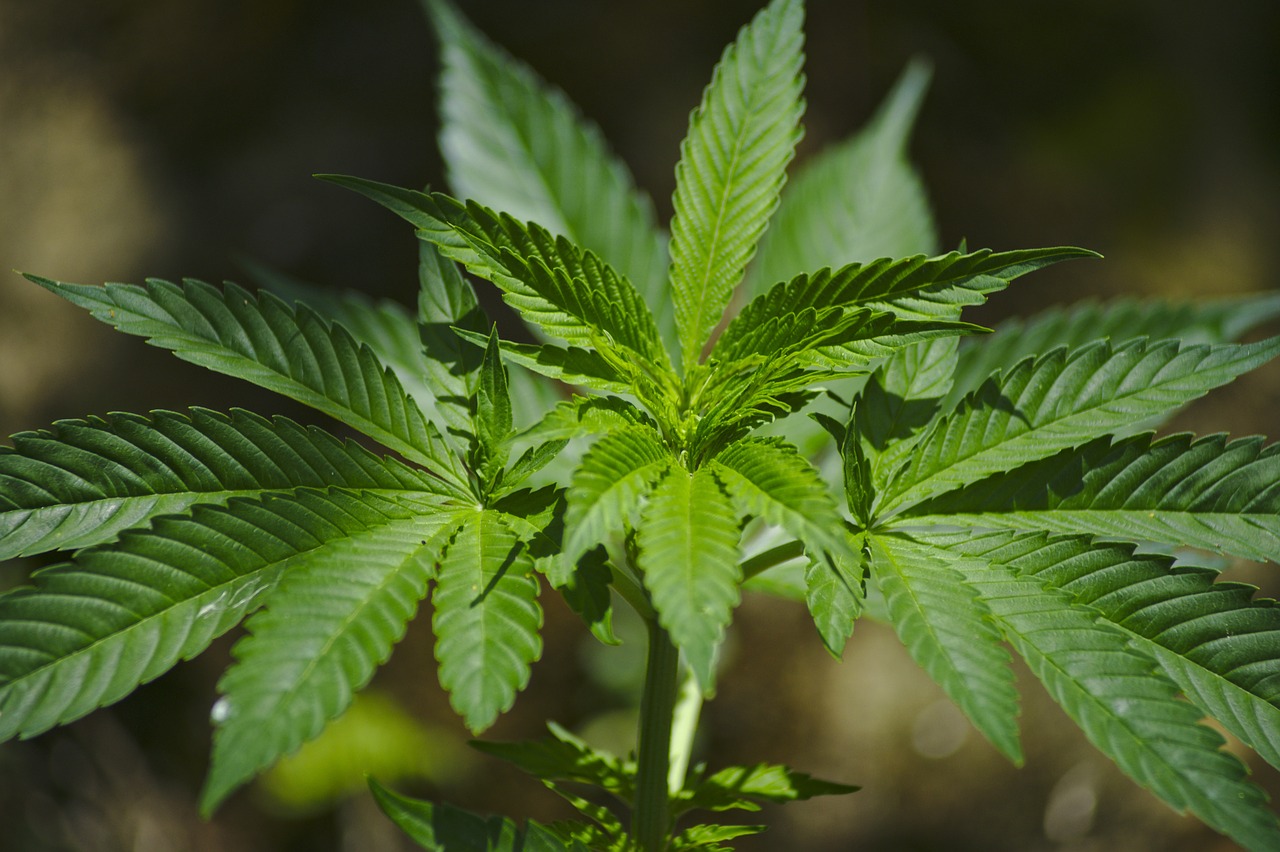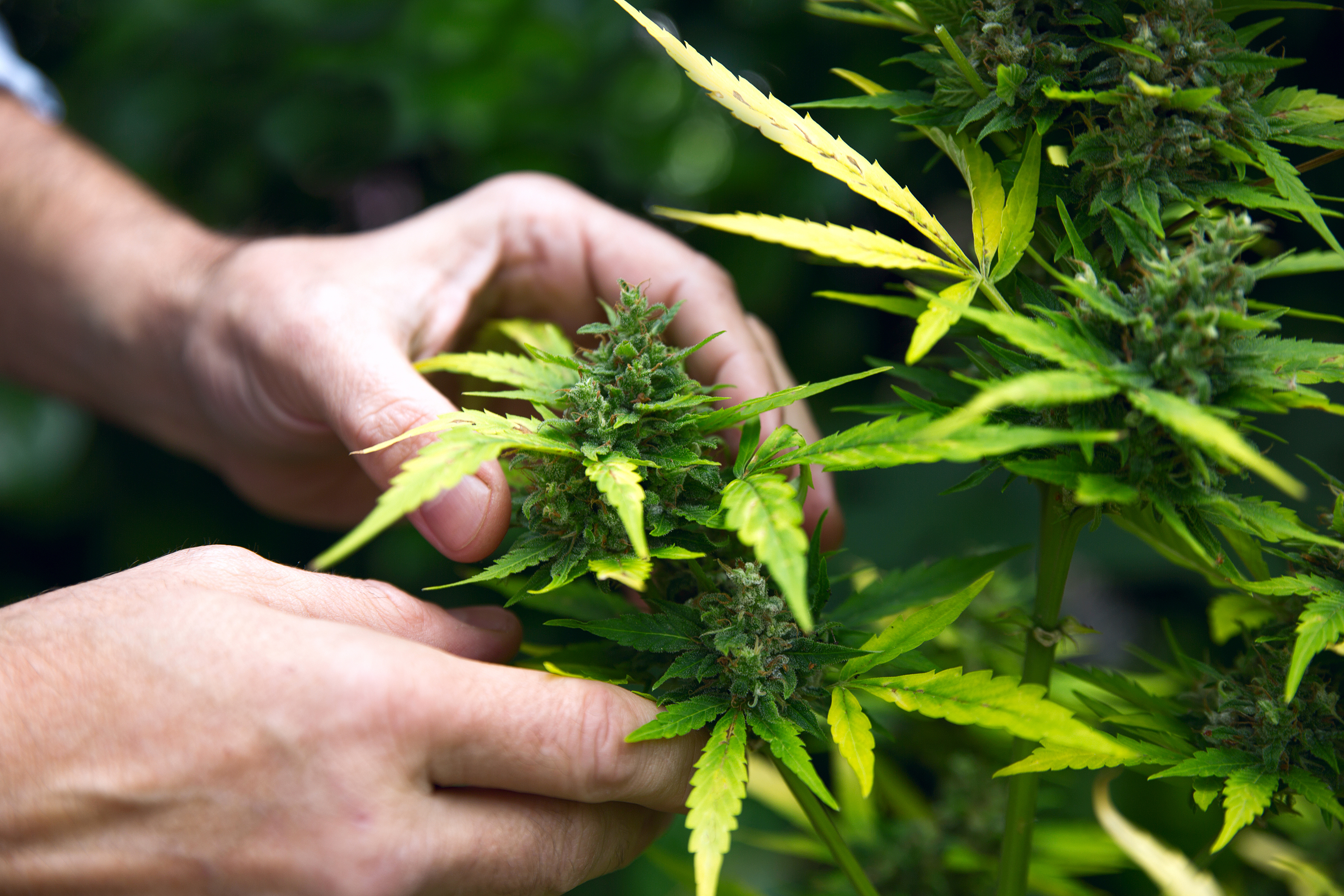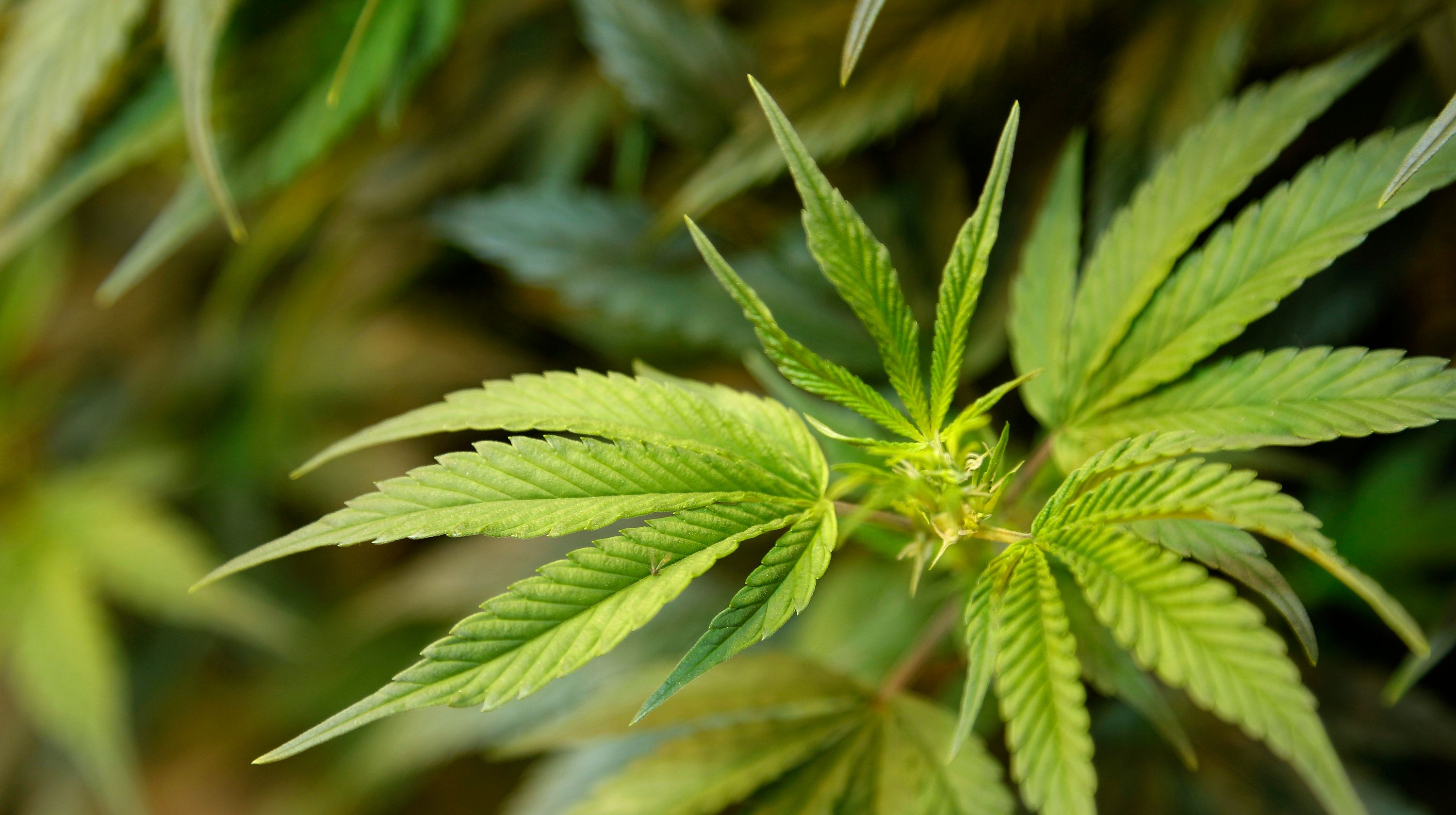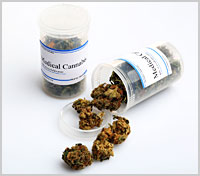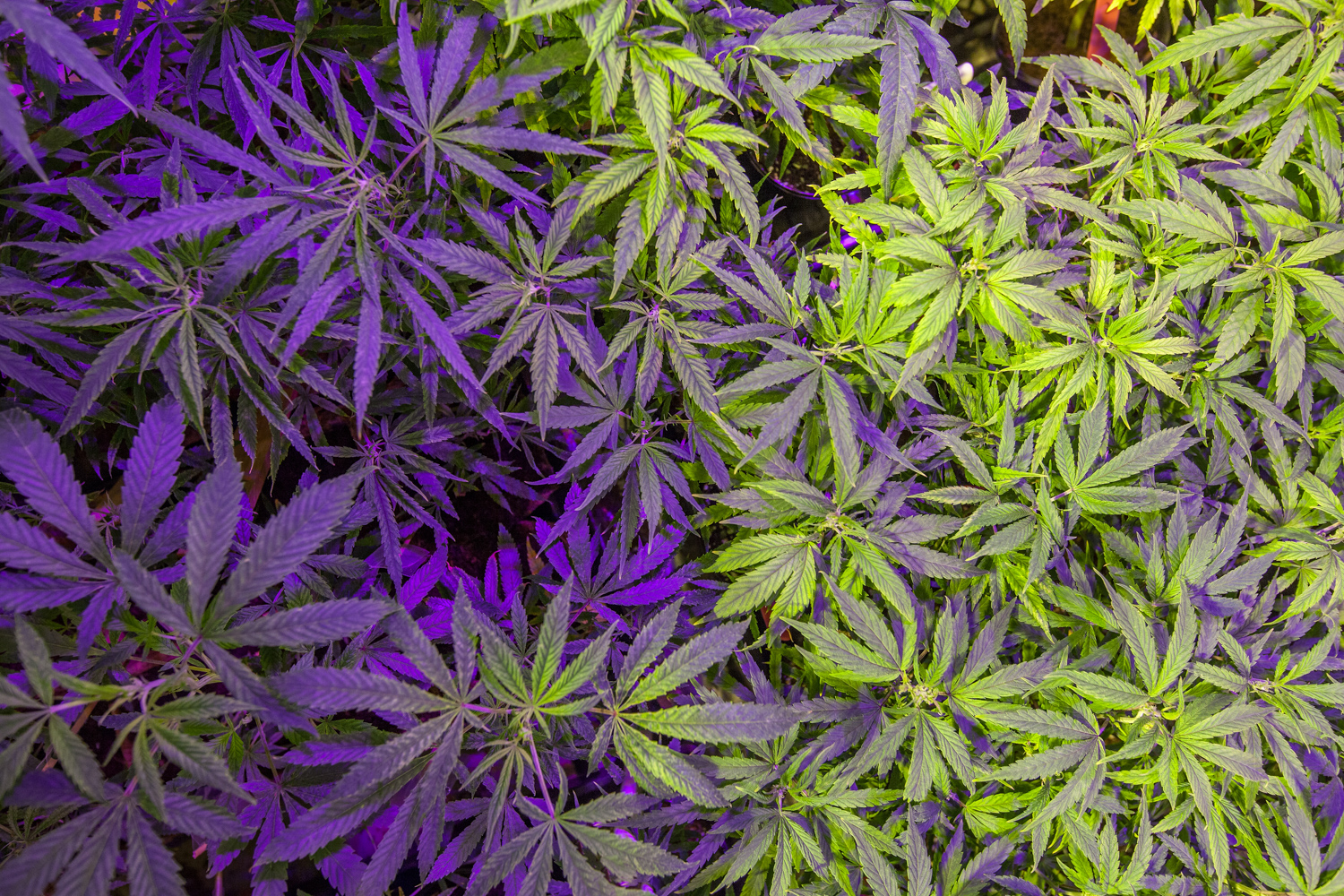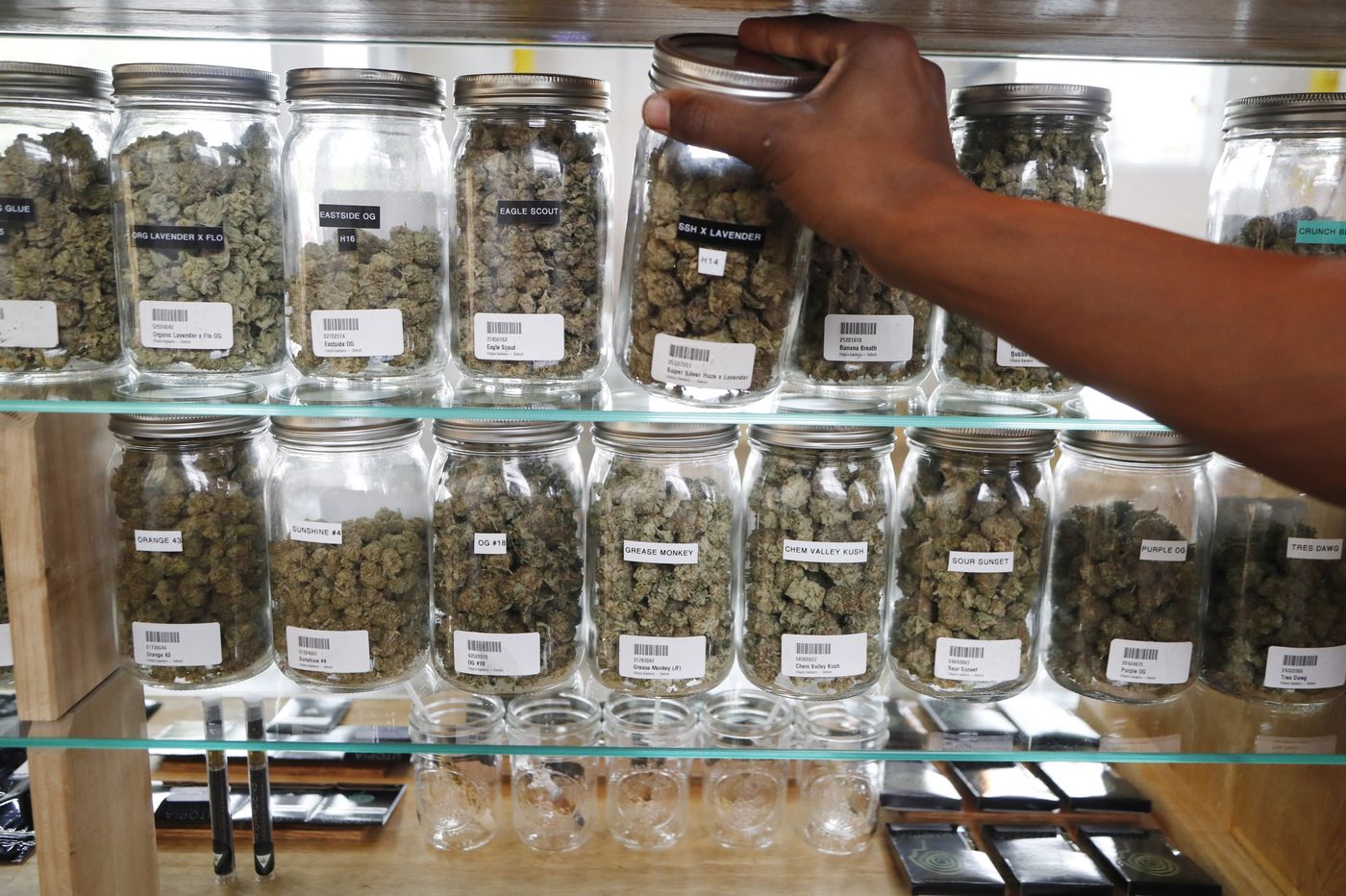Update: A meeting was held in committee on Ordinance 1700-1152. You can watch it HERE.
Municipal legislation is pending, Ordinance 1700-1152, to decriminalize marijuana possession offenses in the city of Atlanta.
The measure amends local law so that the possession of up to one ounce of marijuana is punishable by a $75 fine — no arrest, jail time, or criminal arrest record.
Annually, over 30,000 Georgians — many of whom reside in Atlanta — are arrested and charged with violating marijuana possession laws. Those arrested and convicted face up to one-year in prison, a $1,000 fine under state law, or up to six months in jail under local statutes. National statistics indicate that African Americans are an estimated four times as likely as whites to be arrested for violating marijuana possession laws, despite using marijuana at rates similar to Caucasians.
These minor offenders, many of them African American young people, should not be saddled with a criminal arrest record and the lifelong penalties and stigma associated with it.
Please urge members of the Council to vote ‘yes’ fiscally sensible proposals that will enable police, prosecutors, and the courts to reallocate their existing resources toward activities that will better serve the public.
You can find more information from Peachtree NORML at http://www.peachtreenorml.org/ as well as follow them on Facebook and Twitter

